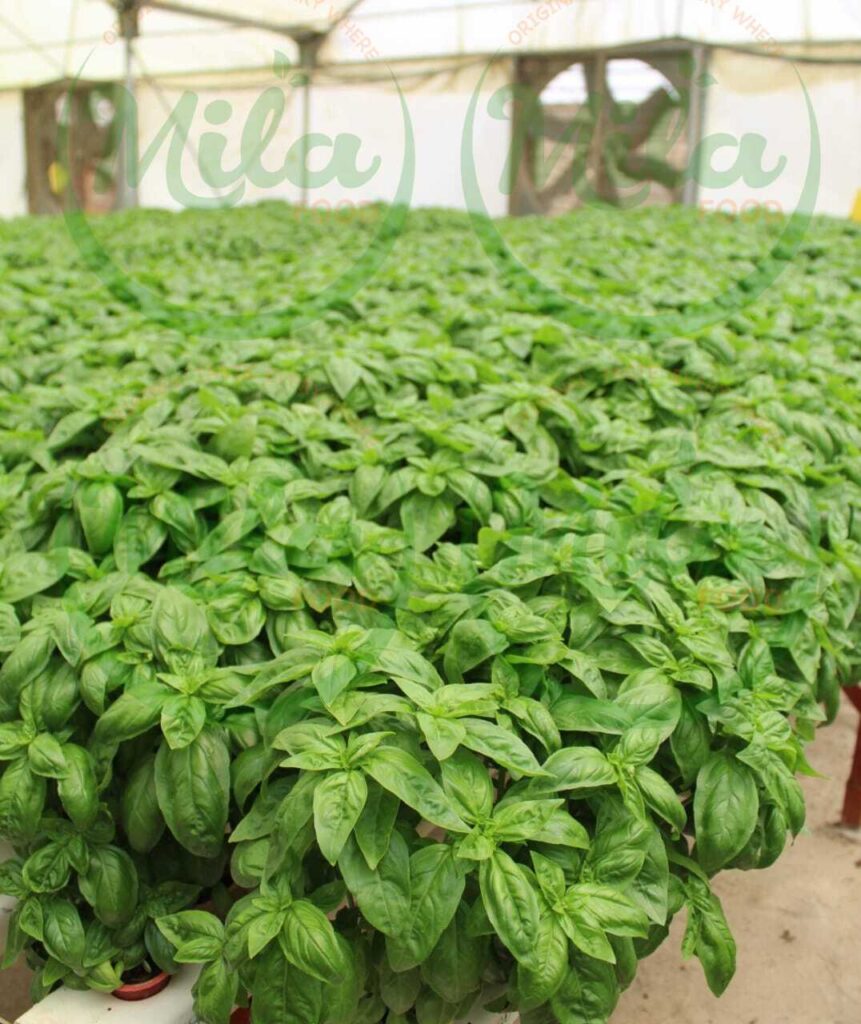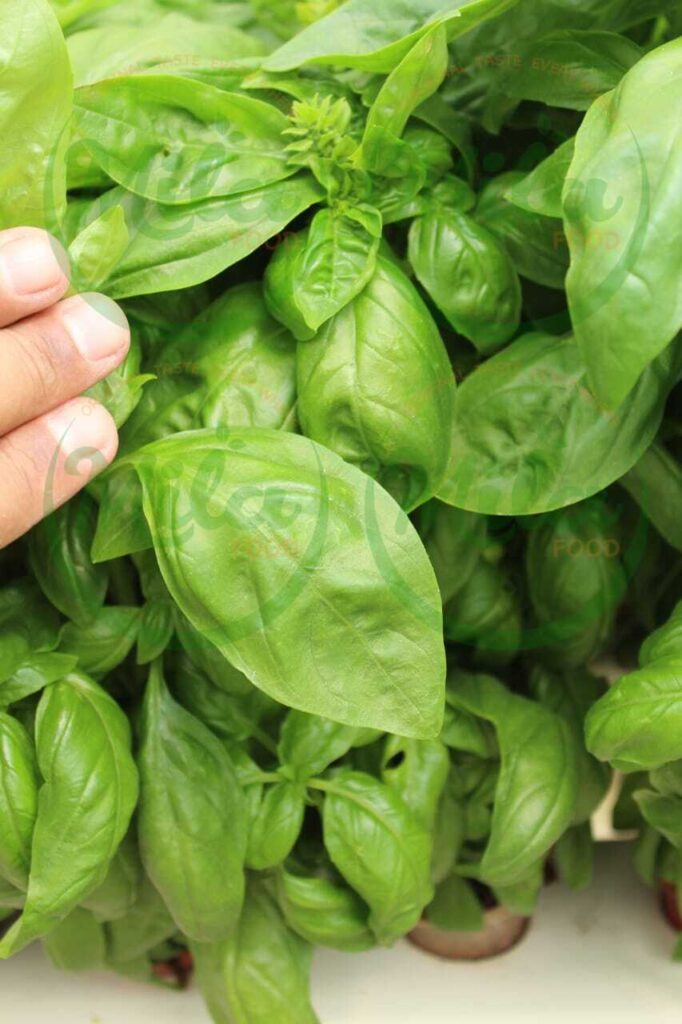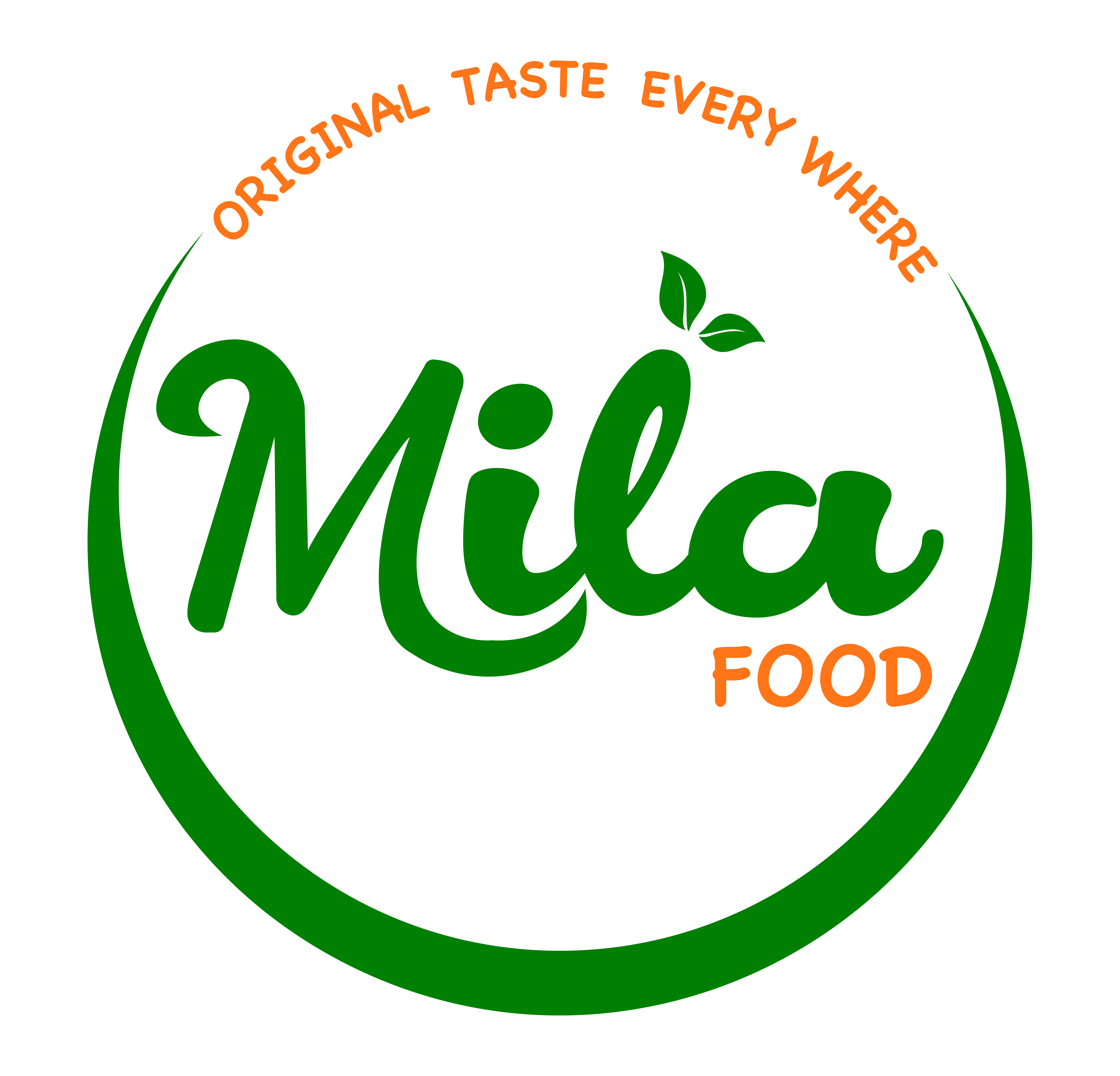





Sweet Basil, scientifically known as Ocimum basilicum, is a versatile and aromatic herb that has been cherished for centuries for its culinary, medicinal, and even spiritual properties. While traditionally grown in soil, the practice of hydroponics has opened up new avenues for cultivating this beloved herb. In this article, we’ll explore the rich history, culinary uses, health benefits, and the innovative approach of hydroponic cultivation for sweet basil.
History and Cultural Significance:
Sweet Basil has a fascinating history that dates back over 5,000 years. Originating in India, it has spread its fragrant influence across the globe and holds cultural significance in various traditions. From being revered in Hindu traditions as a symbol of love to playing a role in ancient Egyptian rituals, basil has a rich and diverse cultural history that transcends borders.
Culinary Uses:
Sweet Basil remains a key player in the culinary world, adding depth and flavor to a variety of dishes. Its distinctive aroma and slightly peppery taste make it an essential ingredient in various cuisines, from Italian to Thai. Whether it’s the classic Caprese salad, aromatic pesto, or flavorful curries, basil enhances the culinary experience with its fresh and aromatic leaves.
Hydroponic Advantages for Basil:
In recent years, the practice of hydroponics has revolutionized basil cultivation, offering several advantages for both home gardeners and commercial cultivators.
- Faster Growth: Hydroponic systems provide a controlled environment with direct access to nutrients, resulting in faster and more robust basil growth compared to traditional soil cultivation.
- Year-Round Cultivation: Hydroponics enables year-round cultivation, overcoming seasonal limitations and providing a consistent supply of fresh basil regardless of the weather.
- Water Efficiency: The water efficiency of hydroponic systems, which recirculate nutrient-rich water, makes them an environmentally friendly choice, conserving water resources.
- Space Utilization: Hydroponic setups are space-efficient, making them ideal for urban environments or areas with limited gardening space.
Health Benefits of Basil:
Beyond its culinary uses, sweet basil offers an array of health benefits. Rich in vitamins A, K, and C, as well as essential minerals, basil contributes to overall well-being. Studies suggest that basil possesses anti-inflammatory and antimicrobial properties, supporting the body’s immune system and promoting cardiovascular health.
Growing and Caring for Hydroponic Basil:
Our partners ensure the following in their cultivation systems for hydroponic basil:
- Optimal pH Levels: Monitor and adjust the pH of the nutrient solution to ensure optimal nutrient absorption, typically in the slightly acidic to neutral range.
- Temperature and Humidity: Maintain a warm and moderately humid environment to promote healthy basil growth.
- Lighting: Provide adequate lighting, with a minimum of 12-16 hours of light per day, using high-quality LED or fluorescent lights for indoor hydroponic setups.
- Nutrient Solution: Use a well-balanced nutrient solution with essential macro and micro-nutrients, adjusting nutrient levels based on the growth stage of the basil plants.
Sweet Basil, with its rich history, culinary allure, and health benefits, continues to capture the hearts of enthusiasts worldwide. The integration of hydroponics into basil cultivation not only enhances its growth but also offers a sustainable and efficient method for year-round production. Whether you’re garnishing a dish, brewing basil tea, or venturing into hydroponics for a continuous harvest, sweet basil remains a timeless and aromatic delight that bridges tradition and innovation.

